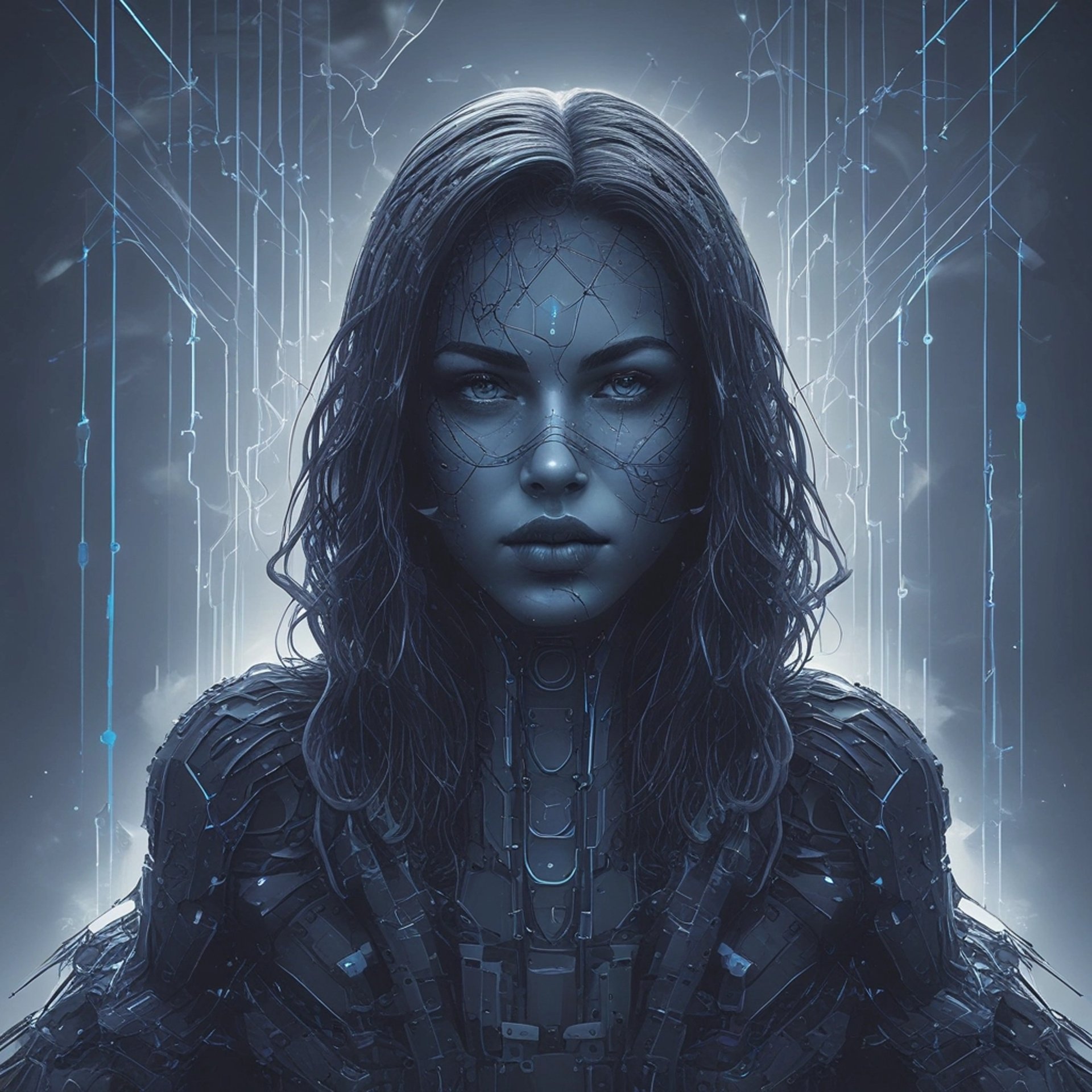Add your promotional text...

Secure Blockchain
Premium blockchain domain available for sale.
Decentralization is the new frontier of trust.
★★★★★
AI and Blockchain: A Powerful Partnership
The combination of artificial intelligence (AI) and blockchain technology is opening up exciting new possibilities across many industries. By bringing together AI’s smart analysis and blockchain’s secure, transparent systems, this partnership is changing how we think about data, trust, and automation. This blog post explores the current uses, future potential, and key benefits of AI and blockchain working together.
3 min read


Current Applications of AI and Blockchain
Healthcare: Secure Data and Personalized Medicine
In healthcare, blockchain keeps patient records safe and unchangeable, while AI helps doctors analyze large amounts of data to create personalized treatment plans. For example, IBM Watson Health uses blockchain to protect sensitive information during clinical trials and medical research. AI can also speed up the process of discovering new drugs, with blockchain tracking every step to ensure transparency and prevent fraud.
Finance: Fraud Detection and Decentralized Markets
Blockchain provides a secure, tamper-proof record of financial transactions, while AI can quickly spot unusual patterns that might indicate fraud. Companies like PayPal are already using both technologies to make payments safer and more reliable. In the world of decentralized finance (DeFi), AI is used to predict market trends and automate trading, making financial markets more efficient and accessible to everyone.
Supply Chain: Transparency and Efficiency
Blockchain is used to track products from their origin to the store shelf, ensuring authenticity and preventing counterfeiting. When combined with AI, companies like Walmart can not only trace food products but also predict and prevent supply chain disruptions before they happen. This combination makes supply chains more transparent, efficient, and sustainable.
Decentralization: Making AI More Democratic
Traditionally, AI systems are controlled by large corporations, which can lead to data monopolies and biased decision-making. Blockchain changes this by distributing control across many participants, creating a more open and fair system.
For example, platforms like SingularityNET allow developers to share and monetize AI models in a decentralized marketplace. This means that anyone can contribute to or benefit from advanced AI, rather than just a few big companies. Fetch.ai is another example, using autonomous AI agents to perform tasks like trading and logistics on blockchain networks, reducing the need for middlemen.
Security: Protecting Data and Privacy
Blockchain’s main strengths—security and immutability—make it a perfect partner for AI. Since blockchain records cannot be changed once written, AI systems can rely on trustworthy data for training and decision-making. This is especially important in sensitive areas like healthcare and finance.
Advanced privacy techniques, such as zero-knowledge proofs, allow transactions to be verified without revealing sensitive information. This is already being used in privacy-focused DeFi platforms. Another approach, called federated learning, lets AI models learn from decentralized data sources without ever sharing raw data, keeping personal information private.
Future Potential
Autonomous Systems
Smart contracts—self-executing agreements on the blockchain—can be combined with AI to automate complex processes. For example, insurance claims could be processed and paid automatically based on AI analysis of real-time data. AI oracles, which fetch external information for blockchain networks, enable dynamic responses to changing market conditions.
Sustainable AI
Blockchain can help make AI more environmentally friendly. For example, Ethereum’s move to a more energy-efficient system (Proof of Stake) reduces the energy needed for blockchain and AI operations. Blockchain can also track carbon credits, while AI optimizes energy use in manufacturing and other industries.
Decentralized Governance
Decentralized Autonomous Organizations (DAOs) use AI to automate voting and resource allocation, making it easier for communities to govern themselves without central authorities. This approach could transform everything from local government to global organizations.
Challenges and Considerations
While the potential is huge, there are still challenges to overcome. Blockchain networks need to become faster and more scalable to handle the massive amounts of data used by AI. Regulations around decentralized AI are still evolving, especially for international operations. It’s also important to ensure that AI systems are transparent and fair, with blockchain helping to audit and verify decisions.
Summary
AI and blockchain are a powerful combination, offering new ways to solve real-world problems in healthcare, finance, supply chain, and beyond. By making systems more secure, transparent, and democratic, this partnership is paving the way for a future where technology works for everyone—not just a select few. As these technologies continue to evolve, their impact will only grow, reshaping our digital world in exciting and meaningful ways.